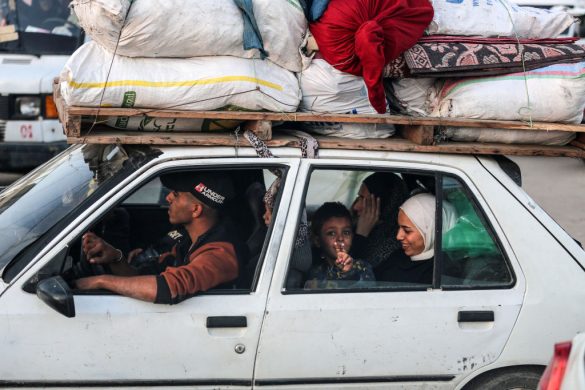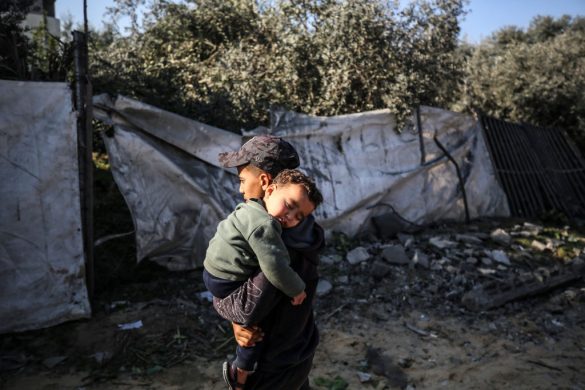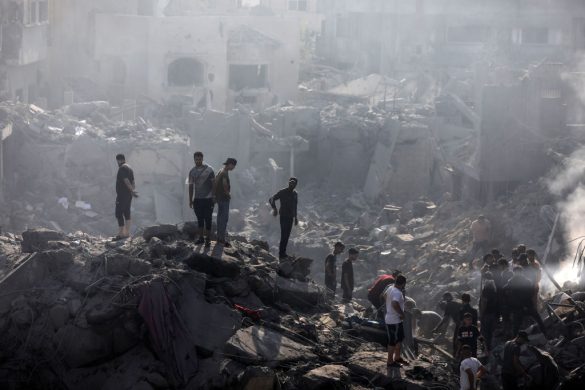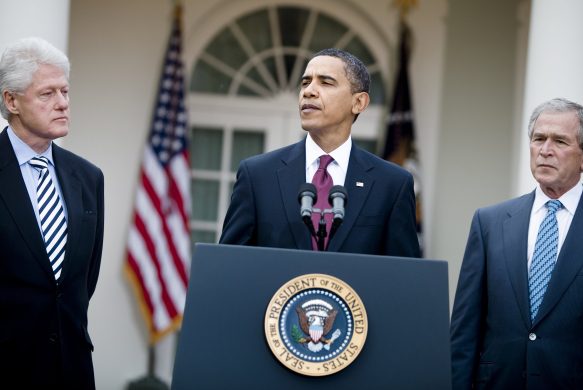GENEVA, 25 February 2011: The United Nations Human Rights Council Friday strongly condemned the recent violence in Libya and ordered an international inquiry into alleged abuses (overgreb), while also recommen-ding that the country’s membership in the UN’s top human rights body be suspended.
In a resolution adopted unanimously at the end of a special session held in Geneva, the 47-member Council called on the Libyan Government to meet its responsibility to protect its population, immediately end all human rights violations, stop any attacks against civilians, and respect the popular will, aspirations and demands of its people.
Members of the Council are elected by the UN General Assembly, which has the right to suspend the membership of a country that has persistently committed gross and systematic violations of human rights during its term of membership. The process of suspension requires a two-thirds majority vote by the 192-member Assembly.
Addressing the opening of the session, UN High Commissioner for Human Rights Navi Pillay urged action to help end the violence in Libya and to hold perpetrators of atrocities (udøvere/forvoldere af grusom-heder) accountable, warning that the crackdown on protesters is getting worse.
– More needs to be done. I encourage all international actors to take necessary measures to stop the bloodshed, she stated, adding that, according to some sources, thousands may have been killed or injured over the past week.
– Although reports are still patchy and hard to verify, one thing is painfully clear: in brazen and continuing breach of international law, the crackdown in Libya of peaceful demonstrations is escalating alarmingly with reported mass killings, arbitrary arrests, detention and torture of protestors, she said.
Tanks, helicopters and military aircraft have reportedly been used indiscriminately to attack the protestors, she added.
She recalled that under international law, “any official, at any level, ordering or carrying out atrocities and attacks can be held criminally accountable and that widespread and systematic attacks against the civilian population may amount to crimes against humanity.”
A statement delivered on behalf of all of the Council’s independent human rights experts endorsed the High Commissioner’s call for an international inquiry into the violence, stressing that the international community should “act without delay” to protect civilians from serious human rights violations.
GRUOPVÆKKENDE BERETNINGER
Witnesses in and out of Libya consistently describe horrifying scenes, Ms. Pillay told delegates. Libyan forces are firing at protestors and bystanders, sealing off neighbourhoods and shooting from rooftops. They also block ambulances so that the injured and dead are left on the streets.
Reports from hospitals indicate that most of the victims have been shot in the head, chest or neck, suggesting arbitrary and summary executions, she said.
Doctors relate that they are struggling to cope and are running out of blood supplies and medicines to treat the wounded. – Images of unverifiable origin appear to portray the digging of mass graves in Tripoli, she noted.
According to several accounts, killings have also been carried out by foreign fighters who were and reportedly continue to be brought into the country and equipped with small arms and light weapons by the Government to suppress the protests.
In this connection, the High Commissioner’s Office has received reports that some Libyans are turning on refugees and migrants from other African countries, suspecting them of being mercenaries fighting for the Libyan Government.
Kilde: FNs Nyhedstjeneste














